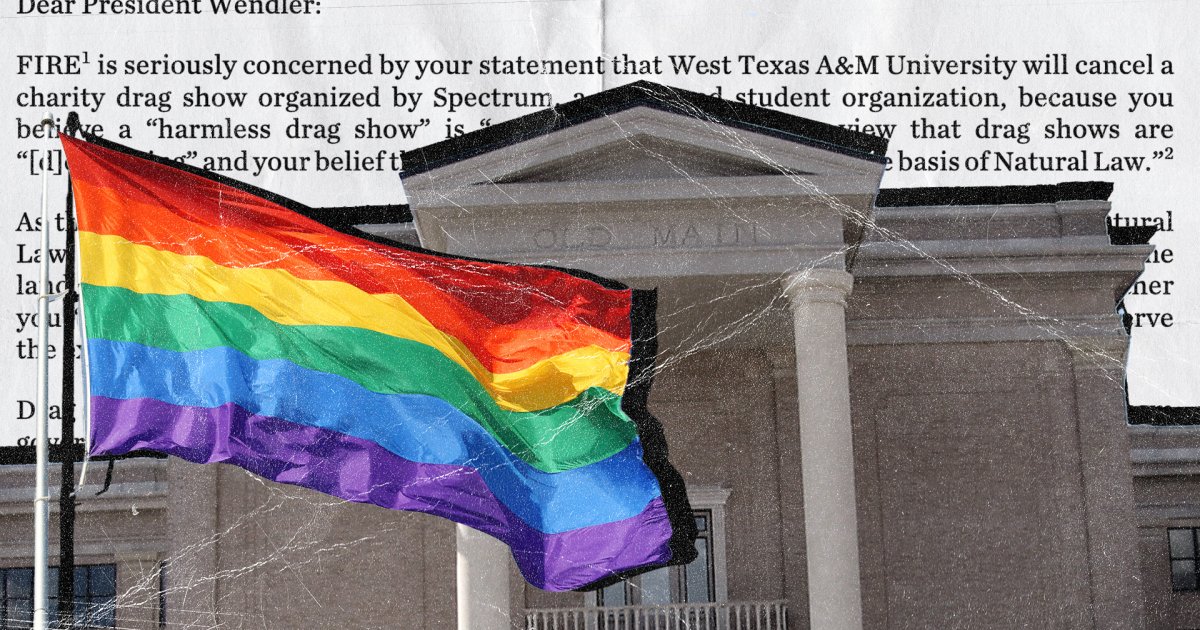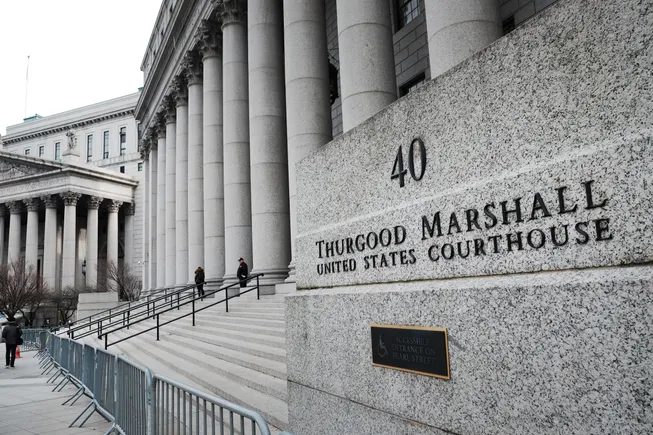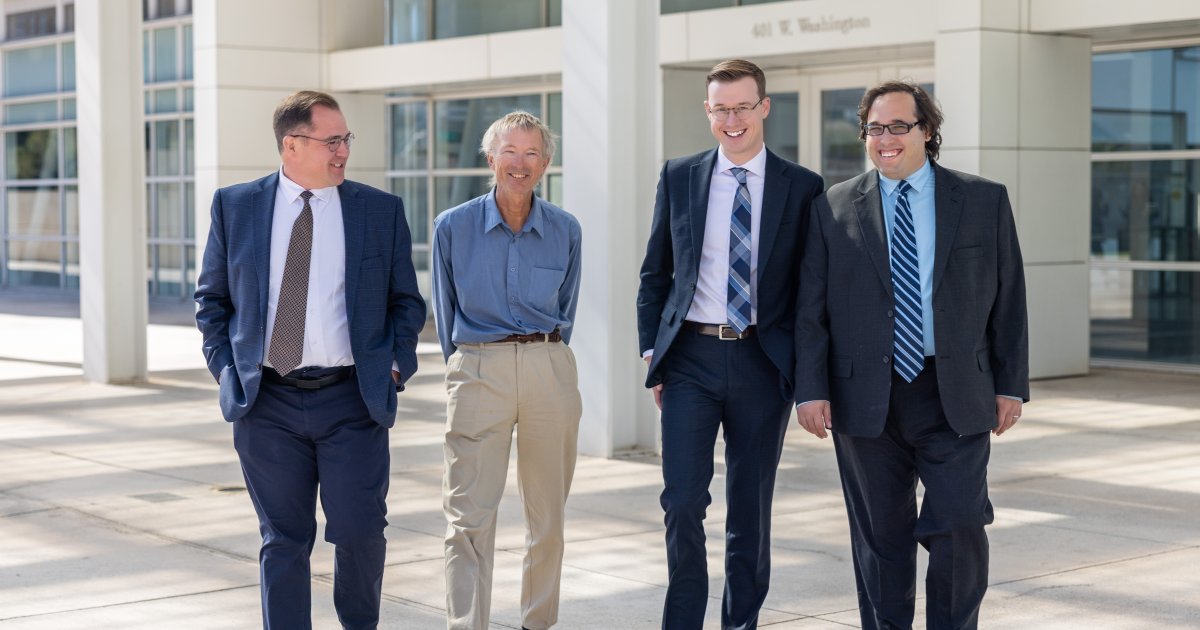On March 20, 2023, the students of Spectrum WT — an LGBTQ+ organization at West Texas A&M University — were in the final stages of preparing a charity drag show when University President Walter Wendler sent a community-wide email unilaterally banning all drag shows from campus. In his email, Wendler derided drag shows as “misogynistic,” and enacted the ban despite acknowledging that “the law of the land appears to require” him to allow the show to go on.
On Aug. 18, 2025, the U.S. Court of Appeals for the Fifth Circuit confirmed that, indeed, it does. The 2-1 panel opinion overturned the trial court’s denial of Spectrum WT’s motion for a preliminary injunction and ordered the lower court to block Wendler from enforcing the drag ban while the case proceeds. The court held the students are substantially likely to prevail on the merits of their claims that singling out drag performances to ban them from a campus theater, otherwise open to students and the public alike, violates the right to free speech.
To start, the court affirmed that the First Amendment protects drag performance — just as it protects other theatrical performance — rejecting the trial court’s holding that drag shows constitute nonexpressive conduct outside the First Amendment’s protection. The appeals court explained that like the “unquestionably shielded painting of Jackson Pollock, music of Arnold Schöenberg, or Jabberwocky verse of Lewis Carroll,” art, whether painted, sung, or performed on stage, is expressive as so long as it is “evident that conveying some message, even if nearly opaque or perhaps smeared, was intended.”
Spectrum WT’s drag show passes that test, the court explained, because “the message sent by parading on a theater stage in the attire of the opposite sex,” in support for the LGBTQ+ community, “would have been unmistakable” to its ticketed audience.
The second question the court considered was whether the university could lawfully keep Spectrum WT’s drag show out of Legacy Hall, a performance venue the college allows both students and outside groups to rent for expressive events like magic shows, beauty pageants, and even a past drag show. Here, again, the court sided with Spectrum WT. The court conducted a public forum analysis, which examines the underlying purposes and practices of government property to determine what restrictions officials can place on protected expression in the property.
The court noted that the university had let pretty much anyone beside the plaintiffs use Legacy Hall for expressive events, including, “a local church group’s ‘Community Night of Worship and Prayer,’ a congressional candidate forum, a local high school’s ‘Casino Night’ dance, a local nonprofit’s benefit gala, Randall County’s livestock show, and a religious retreat center’s event dinner.”
Because President Wendler singled out a particular type of expression to exclude from a space WTAMU generally opens to third parties for expressive use, his drag ban must survive strict scrutiny, the toughest level of judicial review. And because Wendler made no attempt to overcome strict scrutiny, the court held “the plaintiffs are entitled to an injunction protecting their rights, and the district court erred in concluding otherwise.”
Spectrum WT’s legal battle may not be completely over, as the case waits to return to the trial court, but this opinion represents a real victory for all students at West Texas A&M, reaffirming the First Amendment principles that protect their free speech rights on campus. It’s also another victory for students across Texas — where drag performance bans have become all too common — whose abilities to express themselves shouldn’t be subject to the whims of censorial college administrators.




